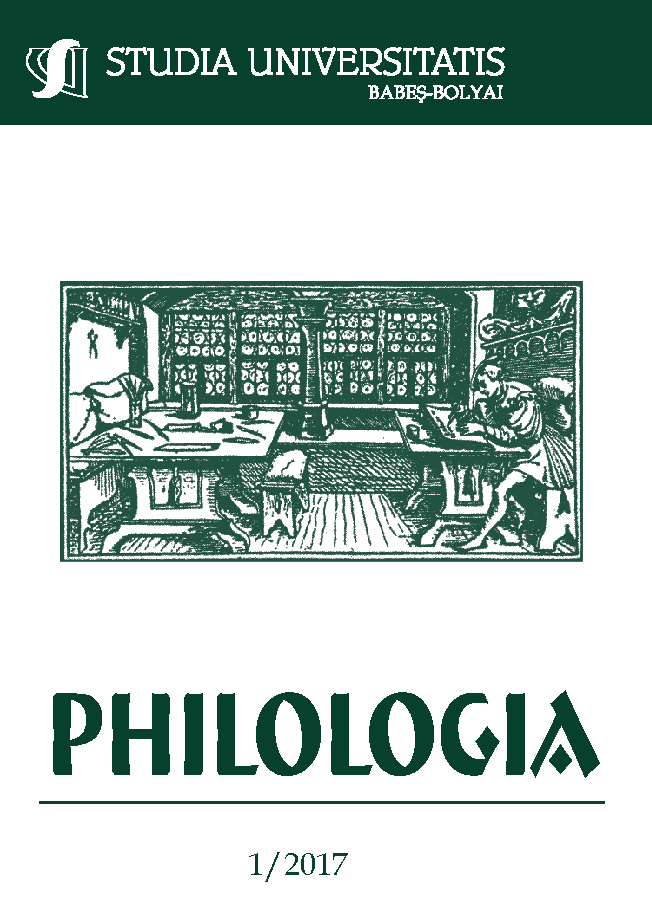BOOK REVIEW: MARIA ALONI AND PAUL DEKKER (EDS.), “THE CAMBRIDGE HANDBOOK OF FOMAL SEMANTICS”, CAMBRIDGE, CAMBRIDGE UNIVERSITY PRESS, 2016, 925 P.
Abstract
This review is about the latest publication in the Cambridge Handbooks in Language and Linguistics series, where each volume provides a general description of one major sub-discipline within the field of language and linguistics: phonology, socio-linguistics, pragmatics, second language acquisition, bio-linguistics, generative syntax, and others. Providing a broad picture of the state-of-the-art of formal semantics, and documenting the background and development of the main currents in this field, this handbook is a comprehensive survey of the major theoretical and empirical advances in this domain. In a nutshell, it provides a historical context for what is happening in the field of formal semantics today and its three-fold aim can be reduced to (i) the investigation of the various approaches to linguistic meaning, (ii) the overview of the major areas of research within current semantic theory, and (iii) the study of the interfaces of semantics with bordering academic disciplines.
The present volume, edited by Maria Aloni and Paul Dekker, is structured into five large parts. The twenty-five chapters are thematically grouped into one of these sections. The contributions encompass the most important issues and topics within the subject, and offer a coherent picture of the latest theories of and findings in the field of formal semantics.
Downloads
Published
How to Cite
Issue
Section
License
Copyright (c) 2017 Studia Universitatis Babeș-Bolyai Philologia

This work is licensed under a Creative Commons Attribution-NonCommercial-NoDerivatives 4.0 International License.





 ©Studia Universitatis Babeş-Bolyai Philologia. Published by Babeș-Bolyai University.
©Studia Universitatis Babeş-Bolyai Philologia. Published by Babeș-Bolyai University.